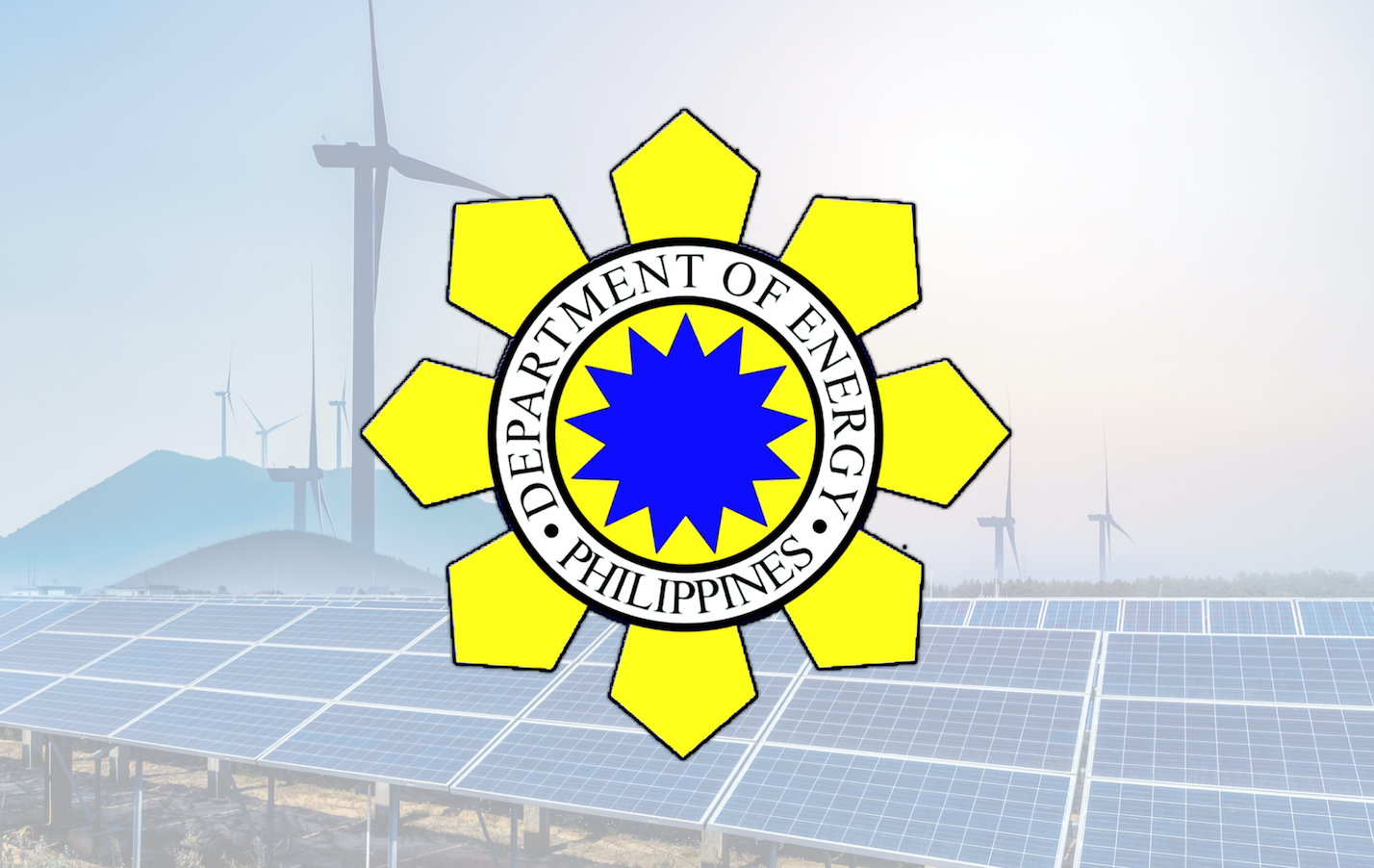DOE: RCEP to aid PH to achieve energy security
- February 8, 2023
- 0

The Department of Energy (DOE) believes that the Regional Comprehensive Economic Partnership (RCEP) will help the country achieve its long-term plan for energy security and at the same time, contribute to mitigating the impacts of climate change.
“We are utilizing this agreement to pursue the Philippine Energy Plan that works towards energy security,” Energy Undersecretary Felix Fuentebella said in a Senate Hearing on the RCEP.
Under the Philippine Energy Plan 2020-2040, DOE is moving towards a clean energy future through policies that would attract more investments in renewable energy, institutionalizing energy efficiency and conservation programs, as well as promoting the use of clean energy.
Fuentebella stressed that concurring the regional free trade agreement (FTA) would open the country to more energy investments.
“The Department of Energy believes that investments, energy security, and access to technologies are inevitable. Why we have concurred with this agreement is, one, we need investments. It is our view that the energy sector is a capital-intensive undertaking, where Filipino capital may not be sufficient,” the energy official said.
Entering an FTA with China, Japan, South Korea, Australia and New Zealand – countries that have advanced technological capabilities in the energy sector – can also develop technology transfer to local counterparts, Fuentebella said.
He added that the countries’ technology can help the country in achieving its clean energy goals by exploring and utilizing the Philippines’ indigenous energy sources.
“International energy cooperation is seen as vital in pursuing collaborative activities with other countries to realize our goal to have self-sufficiency, energy security, and sustainability,” Fuentebella said.
The Philippines is the only signatory country under the RCEP that has yet to concur with the FTA.
RCEP negotiations began in 2012 with leaders of the ASEAN member states and ASEAN FTA Partners with the goal of achieving modern, comprehensive, high-quality, and mutually beneficial economic among the parties involved.
“The mega-FTA will promote greater openness, create a more business-friendly environment, encourage closer integration of economies, and provide a more stable and predictable rules-based system of trade,” the Department of Trade and Industries said on its website.